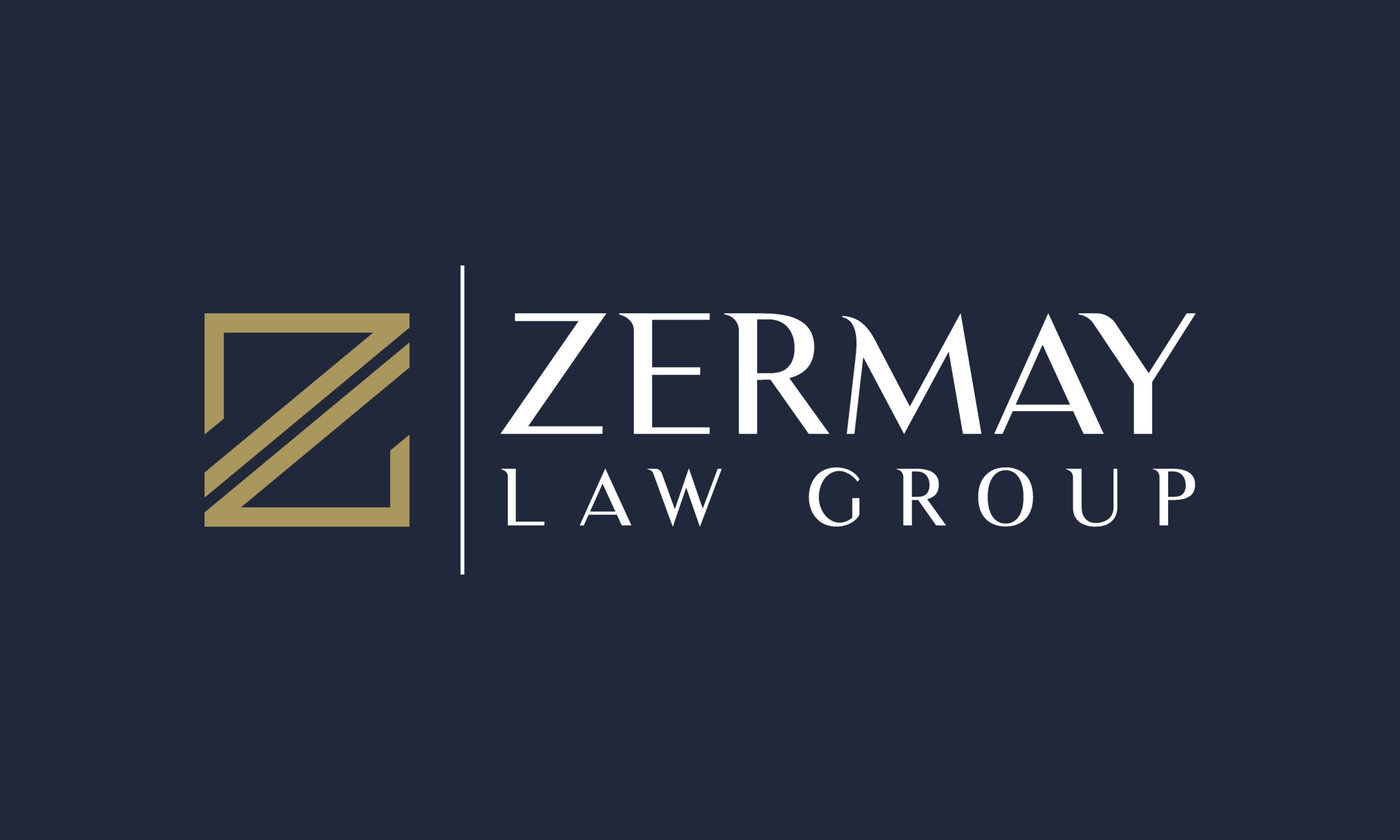Relatives typically won’t have to worry about paying off a family member’s debts. There are a few exceptions to this, which we detail below.
- Debts in which the surviving relative is a joint account owner:
In the case of joint accounts, the surviving account owner generally assumes full ownership of the account after the other owner’s death. However, this can depend on the terms of the account agreement and whether the account includes a right of survivorship.
If the account has a right of survivorship, the funds automatically pass to the surviving account owner and are not included in the deceased owner’s estate. However, if there is no right of survivorship, the portion of the account belonging to the deceased owner becomes part of their estate and is distributed according to their will or state laws of intestacy.
It’s important to note that joint account holders can also be jointly liable for any outstanding debts associated with the account, such as overdrafts or credit card balances. So, if one account owner passes away leaving unpaid debts, the surviving owner may be responsible for paying off those debts.
- Debts the surviving relative was a co-signer: Yes, if you have co-signed for a loan or other credit with a deceased relative, you may be responsible for paying off the debt. As a co-signer, you agreed to be jointly responsible for the debt, meaning the creditor can pursue payment from you even after the death of the primary borrower. The creditor can demand payment from you, and failing to pay can harm your credit score and lead to legal action. It is essential to understand the terms of the loan or credit agreement and your obligations as a co-signer before agreeing to co-sign for anyone.
- Spouses who live in community property states: Community property states include Arizona, California, Idaho, Louisiana, Nevada, New Mexico, Texas, Washington, and Wisconsin. In these states, any property acquired during the marriage is considered community property and is owned equally by both spouses. This means that debts incurred during the marriage are also considered community debts, and both spouses may be held responsible for paying them off. However, as you mentioned, debts incurred by one spouse before the marriage are considered separate debts and are the responsibility of that spouse only.
Beneficiaries may have to assume a dead relative’s loan if they receive the asset attached to the loan. For example, if you inherit the deceased person’s home or car – and there is still a loan out on it – you inherit that loan, too.
Other examples of debts that relative may have to pay include:
- Debts in which the surviving relative is a joint account owner.
- Debts a surviving relative co-signed the loan for.
- Spouses who live in community property states (Arizona, California, Idaho, Louisiana, Nevada, New Mexico, Texas, Washington and Wisconsin).
- Relatives who are responsible for resolving the estate and don’t follow particular state probate laws.



0 Comments